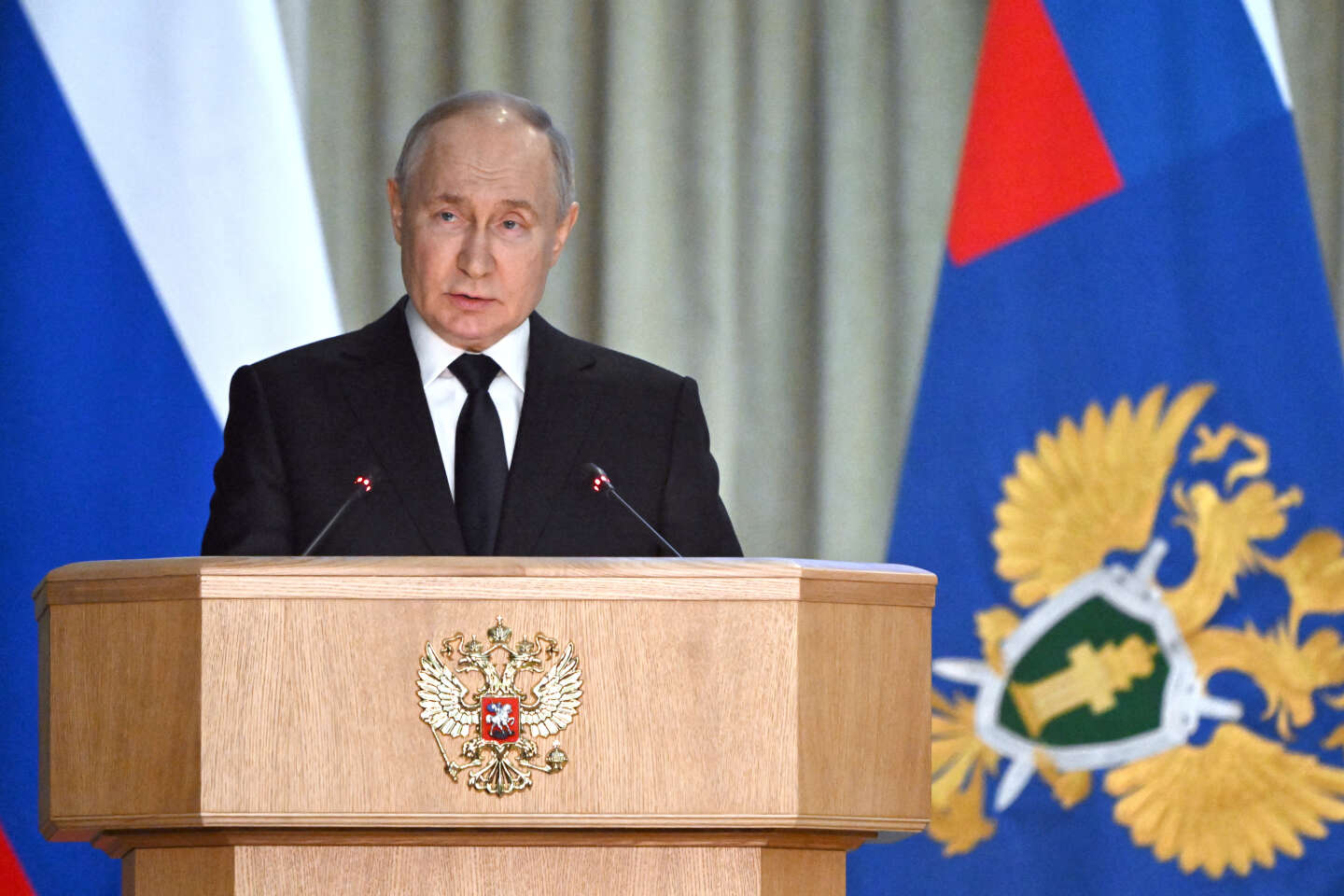


"Some would like to cut a juicy piece of our pie. Others help them. They help, reasoning that Russia (...) still represents a threat to them (...). Terrorism, of course, is just one instrument they use to achieve these aims." These were the revealing comments Vladimir Putin made on September 4, 2004, regarding the hostage-taking crisis at a school in Beslan [a town in the Russian Caucasus] by Chechen terrorists and separatists, which claimed the lives of around a thousand victims.
If there's one mistake the West made in its relationship with Russia, it was not paying enough attention to or taking seriously the rhetoric coming from the Kremlin and Russia's political-military elites. Putin's anti-Western, paranoid and virulent speech in Munich in 2007 was not out of character. Russia's beliefs and ideas have never really changed since 1991. An analysis of its speeches and archives would have enabled the West to avoid many unpleasant surprises.
What is remarkable about post-Soviet Russian politics, as the reaction of the Kremlin, the political scientist elites and the Russian media made clear, is not its unpredictability but its continuity – that of the ruling elites and their cognitive frameworks, which was partly shaped by the Soviet era. They almost immediately accused Ukraine, and therefore the West, of having masterminded the attack, despite the Islamic State (IS) Khorasan Province (IS' Afghan affiliate) clearly claiming responsibility, and Washington being altruistic enough to warn Moscow of the imminence of the attack despite the prevailing hostility.
Putin does not gamble; he is acting predictably and consistently with a stance that is traditional among the politico-military elites from which he originates. First, these elites have deep-rooted historical beliefs and ways of thinking that lead them to believe that the radically hostile and omnipotent West is behind every destabilizing event. They have a tendency to deny chance and contingency, deterministic reasoning and are convinced that things that happen are interconnected and often hidden. Russia's political-military elites think that an individual is always being manipulated: Either he is the object of machinations by Russia's enemies, or he is brought into line by the state, supposedly for his own good. Moreover, actors sometimes resort to conspiracy theories to explain away contradictions and avoid questioning their core beliefs: In this instance, the idea that a hostile West is besieging and seeking to destroy Russia.
You have 61.82% of this article left to read. The rest is for subscribers only.
